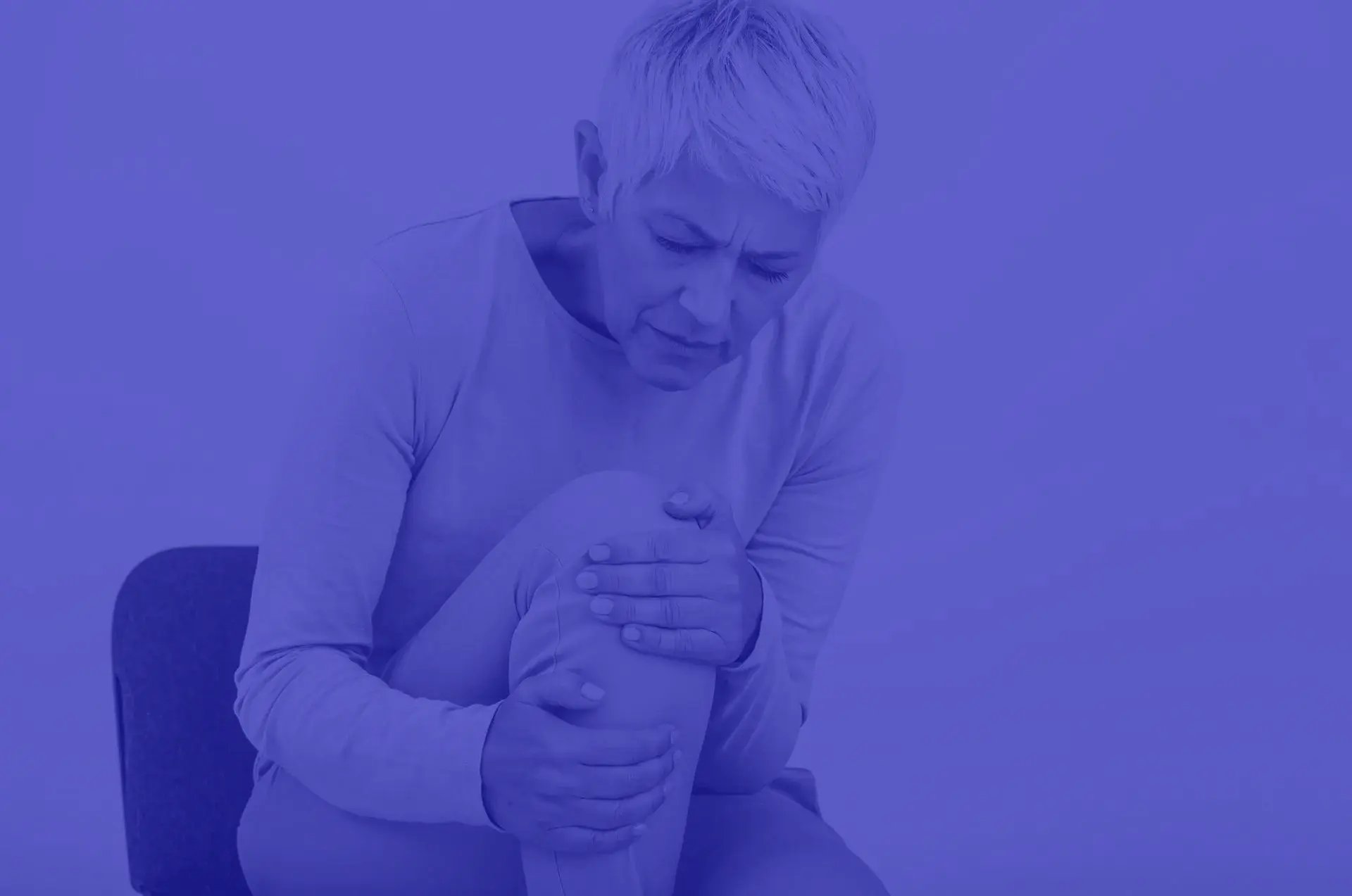
Dealing with Chronic Pain After Knee Replacement?
Find Lasting Relief with Knee Denervation

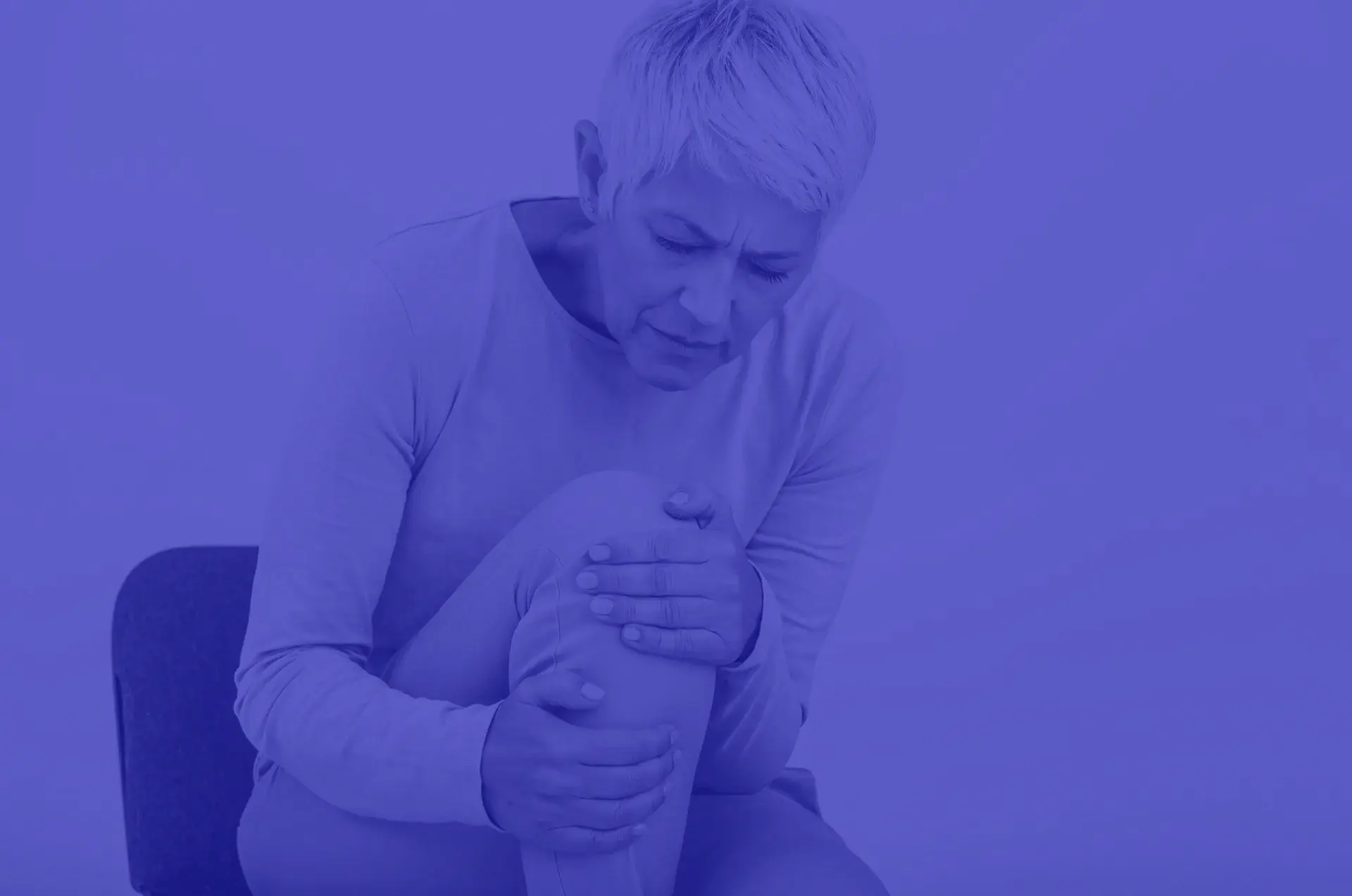
Don't Live with Chronic Knee Pain!
Chronic knee pain after you’ve already had a knee replacement can take a toll on your quality of life. Get proven, minimally-invasive care that delivers lasting relief today.
Knee denervation is a cutting-edge, minimally invasive procedure designed to treat chronic knee pain. This innovative approach is ideal for those who continue to experience knee pain despite a total knee replacement or ongoing pain management treatment. It works by targeting and disrupting the nerves responsible for transmitting pain signals.
By selectively deactivating pain-causing nerves without affecting mobility, knee denervation provides lasting relief—helping you move more freely and comfortably without the need for additional major surgery or prolonged recovery.
Why Choose Knee Denervation After
Knee Surgery?

Meet Our Team
At The Institute for Advanced Reconstruction, our team of dedicated specialists is committed to helping you find lasting relief from chronic knee pain.
Led by experienced physicians, including Dr. Abdollahi, Dr. Yazid, Dr. Rose, Dr. Saad, Dr. Ibrahim, Dr. Nevitt, Dr. Small, and Dr. Usal, we bring a wealth of expertise and a patient-centered approach to every aspect of your care. Together, we offer advanced, minimally invasive treatments like knee denervation to help you regain mobility and enhance your quality of life.
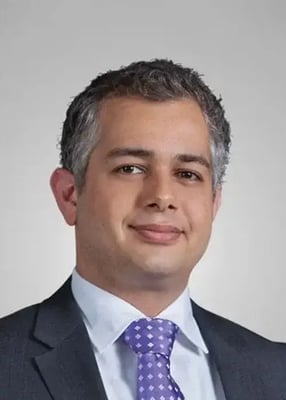
Hamid Abdollahi, MD, FACS
Double Board Certified in Plastic Surgery and Surgery
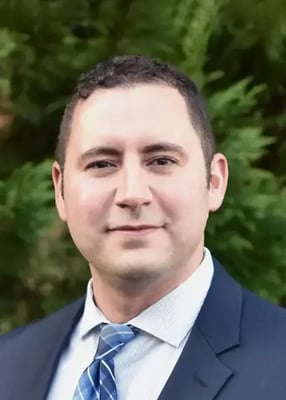
Mark Yazid, MD
Plastic & Reconstructive Surgeon
Double Board Certified in Plastic Surgery and Surgery

Michael Rose, MD, FACS
Plastic & Reconstructive Surgeon
Double Board Certified in Plastic Surgery and Surgery

Adam Saad, MD, FACS
Plastic & Reconstructive Surgeon
Double Board Certified in Plastic Surgery and Surgery
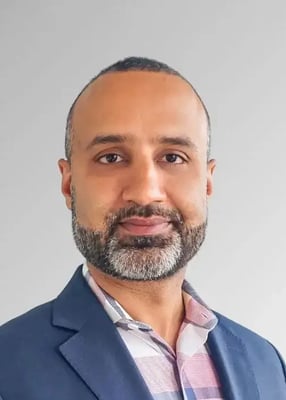
Zuhaib Ibrahim, MD, FACS
Plastic & Reconstructive Surgeon
Board Certified in Plastic Surgery
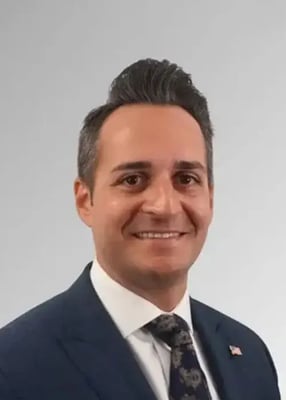
Robert T. Nevitt III, MD
Plastic & Reconstructive Surgeon
Double Board Certified in Plastic Surgery and Surgery

Tzvi Small, MD, FACS
Plastic & Reconstructive Surgeon
Board Certified in Plastic Surgery
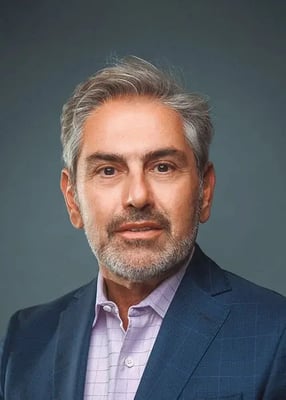
Hakan Usal, MD
Plastic & Reconstructive Surgeon
Board Certified in Plastic Surgery
Strength & Beauty Redefined
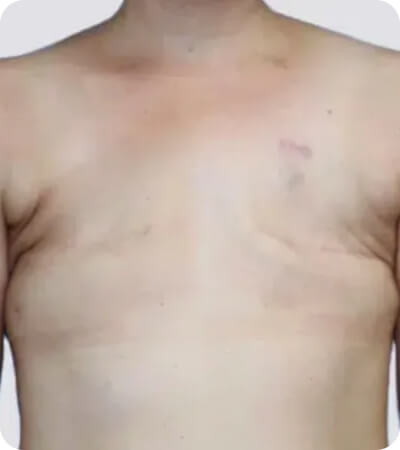
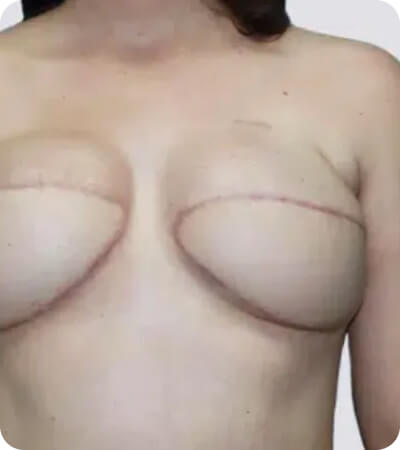
Accepted Insurance at
The Institute
The Institute for Advanced Reconstruction participates in a wide range of insurance plans, including Horizon Blue Cross Blue Shield and Cigna.
Before scheduling an appointment, please contact your insurance carrier to confirm your policy coverage.
Restoring Hope After Knee Replacement:
What to Expect From Knee Denervation
Before the Procedure
- Before the procedure, your physician will conduct a thorough evaluation, including a medical and surgical history review and diagnostic nerve blocks, to ensure you're an ideal candidate.
During the Procedure
- The procedure itself takes less than an hour and is performed under local anesthesia or mild sedation for minimal discomfort.
After the Procedure
- Most patients can walk immediately afterward and resume light activities within a day or two. While mild soreness may occur, significant pain relief is often noticeable within days to weeks as inflammation subsides.
- With little downtime and no major surgery required, knee denervation offers long-lasting relief from chronic knee pain, allowing you to regain mobility and return to an active lifestyle, even after knee replacements.
.jpg?width=1200&height=1591&name=example_2%20(1).jpg)
Accepted Insurance at
The Institute

Before scheduling an appointment, please contact your insurance carrier to confirm your policy coverage.
.jpg?width=4679&height=4067&name=man%20smiling%20(1).jpg)


.jpg?width=2816&height=3594&name=woman%20running%20(1).jpg)
Frequently Asked Questions About Knee Denervation
Knee denervation is a minimally invasive procedure that targets specific nerves around the knee responsible for transmitting pain signals. Advanced techniques disrupt these pain pathways, significantly reducing or eliminating chronic knee pain while preserving knee function and mobility.
Knee denervation is a minimally invasive procedure that requires only small incisions—typically just a few millimeters in size. Because of this, scarring is minimal and often barely noticeable once healed. Most patients find that any small marks fade over time, leaving little to no visible reminder of the procedure.
This procedure is ideal for patients who have had a total knee replacement and despite all other efforts through rehabilitation and interventional pain management, still have persisting pain symptoms.




